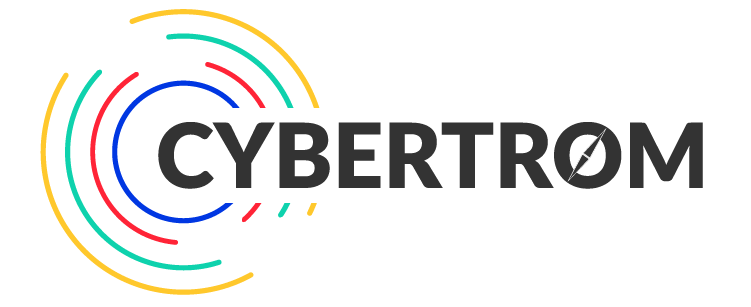Importance of Quality Assurance
There are far too many examples of not just any but some of the biggest brand names that have faced this. May it be the Yahoo Data Breach incident that happened back in 2016 where about 500 million credentials were leaked or the HSBC Major IT Outage issue that kept millions of bank customers from across the world from accessing their accounts online for about 2 days or the Tesco iPad Pricing Disaster, where Apple’s iPads worth £650 got priced at £49.99, the list goes on. These incidents have certainly highlighted the importance of Quality Assurance in the Software Development Life Cycle.
Quality assurance is highly undervalued.
Most tend to look at QA as the aspect leading to the delay of product release. Due to the pressure of fast-approaching deadlines and early client requests, they often decide on skipping the QA procedures at all phases altogether. Also, there are a lot of misconceptions about quality assurance. You will hear people commonly asking questions like “What could be so tough about finding bugs?”, “Why pay someone specifically for quality assurance? Wouldn’t it be better if the developers themselves monitored the quality of the software?”, “QA is the last step of the development cycle anyway. How much of a difference would it make if we remove it?” and so many more.
If you are curious about these questions too, then this article is for you. Let us begin with understanding the importance of the QA Team.


The job of the Quality Assurance Team is more than just ‘finding errors in the code’.
- The Quality Assurance Team helps meet the client’s expectations by understanding them well and putting them across to the rest of the team in a clear and easy manner.
- Since they know the client’s needs better than anybody else, they detect issues in the earlier phases of development which could potentially lead to major flaws in the product during later stages. This saves both: time and money and also helps in keeping product development on the right track.
- They consistently work on maintaining the quality of the product which is very important given the immense amount of competition in the IT industry today.
- One factor that is crucial in any product is its security. Making sure that the product you are developing does not cause any kind of data breach should be one of the top priority tasks at all times. The QA Team is extremely helpful in monitoring the same with constant testing.
- They make sure that there is no gap between the end product and the user requirements and thus leading to high customer satisfaction which in turn leads to the development of your business.
- The QA team understands the project from both, the client’s point of view, as well as the developer’s perspective, and hence they can provide useful suggestions to further improve the product.
Now that we know what are the major advantages of having a QA team, the next question that arises is how do they make all of the above possible? To understand this better, let us look at what are some of the major responsibilities handled by the QA team.
Following are the key roles of the QA Team:
- The team follows a step by step testing procedure to ensure the quality of the product.
- They get a clear understanding of the client requirements and verify all the details in order to make sure no information is ambiguous or confusing in any way.
- They document all the information gathered and create a plan which includes details such as which testing scripts need to be used, what all should the test plan contain in order to achieve the rightful output, and so on. The test cases are written based on the test plan such that they align well with the plan.
- Testing is conducted in order to assure that the test cases are correct and will eventually lead to achieving the objective. All the errors and mistakes are reported. Changes are implemented and retesting is conducted multiple times until all the issues in the test cases are resolved.
- Finally, there is acceptance testing of users on the successful completion of which the product is deployed.
- They are the point of communication between the clients and the development team.
- They maintain all the paperwork: create reports with all the curated information along with quality metrics and present it to the senior members of the team.
- They also stay connected with the developers regarding clarification of requirements, right outputs, improvement suggestions, and so on.
- They make sure they clearly provide all the information to the development team as received from the clients so there is no confusion or interruption in the development process. In this way, they bridge the gap between the clients and the development team.
- To make sure the product quality remains high throughout, a constant check on the product and the development process is maintained. The product is tested at every phase which leads to a reduction of several issues and the prevention of many others.
Quality Assurance plays a very significant role in the Software Development Life Cycle.
While some might believe that Quality Assurance is only for the Googles and Amazons of the world, it is in fact more important that young businesses strongly focus on Quality Assurance.
There are some instances of new businesses redesigning business processes from the ground up or even discarding them altogether because they are not able to add value to either the company or its clients. In such scenarios, it is all the more important to verify that the quality of the product is consistent because delivering a product of excellent quality will strengthen your brand and thus, leading to the growth of your business.
At Cybertrom, we have a dedicated QA Team that adheres to the pre-defined procedures, guidelines, and strategies in order to ensure an optimized, efficient, reliable, and glitch-free end product with enhanced usability and reduced risk factor that not only saves time and money but also successfully fulfills customer expectations.

